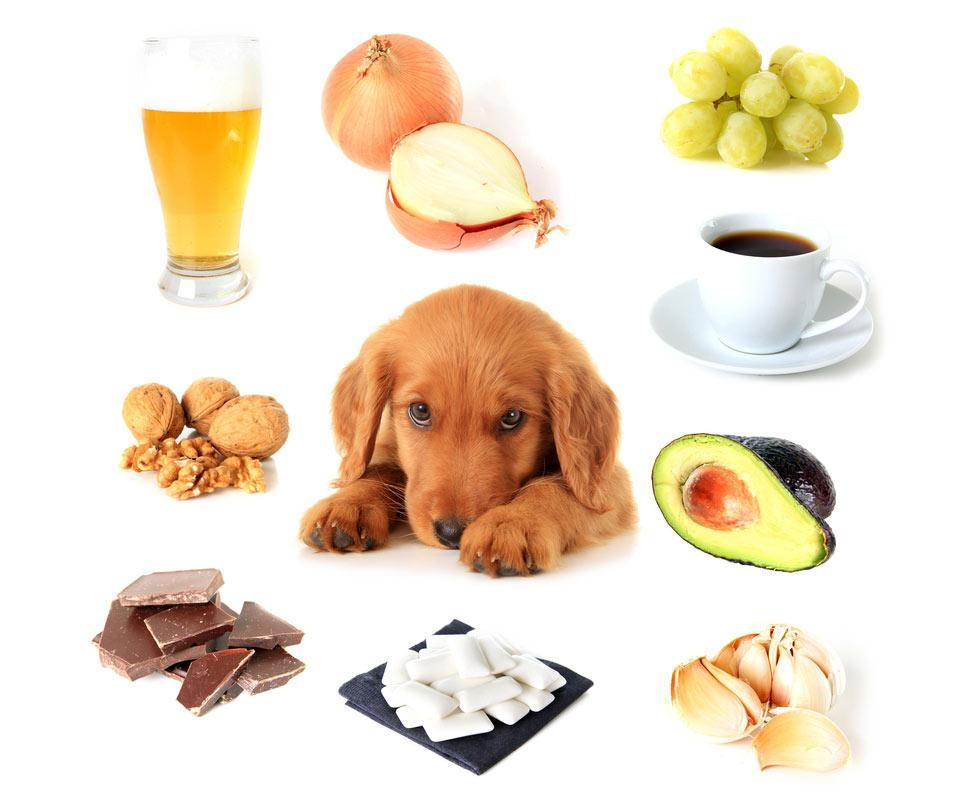Toxic Ingestion

- posted: Nov. 11, 2021
Veterinary Care for Toxic Ingestions at Animal Hospital of Lynnwood
A variety of plants, chemicals, foods, and other items can be toxic to pets. Unfortunately, many of the most common pet poisons are commonly found in the home. That's why pet owners need to understand the signs of a toxic ingestion and when to take their pets in for emergency care. Our team at Animal Hospital of Lynnwood is here for you and your pet in these dire situations.
Signs of Toxic Ingestion
Although each pet has a different experience, common symptoms of a toxic ingestion include:
- Diarrhea
- Seizures
- Nausea and vomiting
- Excess salivation
- Appetite loss
- Racing heart
- Lethargy
In some cases, toxic ingestions lead to kidney failure, liver failure, or heart problems. If you suspect that your pet has eaten something it should not have, you should consult with our clinic even if symptoms are not immediately present.
Treatment for Toxic Ingestion
In some cases of toxic ingestion, our vets will need to induce vomiting. This can help get the poison out of your pet's body, so he or she does not further digest the material. Intravenous fluids can help flush out your pet's system. Hydration can dilute the toxin and prevent dehydration. In addition, our veterinarians can track your pet's vital signs, providing additional fluids as necessary. We may also prescribe certain medications to offer support for the pet's organs after toxic ingestion.
Contact Us for Emergency Vet Care in Lynnwood, WA
To prevent toxic ingestions from occurring, consult our staff to learn more about how you can protect your pet from exposure to poisons. Our team at Animal Hospital of Lynnwood is passionate about providing quality health care for your animal when he or she needs it most. That is why we offer emergency veterinary care for toxic ingestions and other serious issues. Contact us today to learn more about how we can help.

- posted: Nov. 11, 2021
Veterinary Care for Toxic Ingestions at Animal Hospital of Lynnwood
A variety of plants, chemicals, foods, and other items can be toxic to pets. Unfortunately, many of the most common pet poisons are commonly found in the home. That's why pet owners need to understand the signs of a toxic ingestion and when to take their pets in for emergency care. Our team at Animal Hospital of Lynnwood is here for you and your pet in these dire situations.
Signs of Toxic Ingestion
Although each pet has a different experience, common symptoms of a toxic ingestion include:
- Diarrhea
- Seizures
- Nausea and vomiting
- Excess salivation
- Appetite loss
- Racing heart
- Lethargy
In some cases, toxic ingestions lead to kidney failure, liver failure, or heart problems. If you suspect that your pet has eaten something it should not have, you should consult with our clinic even if symptoms are not immediately present.
Treatment for Toxic Ingestion
In some cases of toxic ingestion, our vets will need to induce vomiting. This can help get the poison out of your pet's body, so he or she does not further digest the material. Intravenous fluids can help flush out your pet's system. Hydration can dilute the toxin and prevent dehydration. In addition, our veterinarians can track your pet's vital signs, providing additional fluids as necessary. We may also prescribe certain medications to offer support for the pet's organs after toxic ingestion.
Contact Us for Emergency Vet Care in Lynnwood, WA
To prevent toxic ingestions from occurring, consult our staff to learn more about how you can protect your pet from exposure to poisons. Our team at Animal Hospital of Lynnwood is passionate about providing quality health care for your animal when he or she needs it most. That is why we offer emergency veterinary care for toxic ingestions and other serious issues. Contact us today to learn more about how we can help.
Schedule your visit here
Sign-up using the form or call us at (425) 771-6300 to make an appointment
Location
Find us on the map
Animal Hospital of Lynnwood
19503 56th Ave W
Lynnwood, WA 98036
